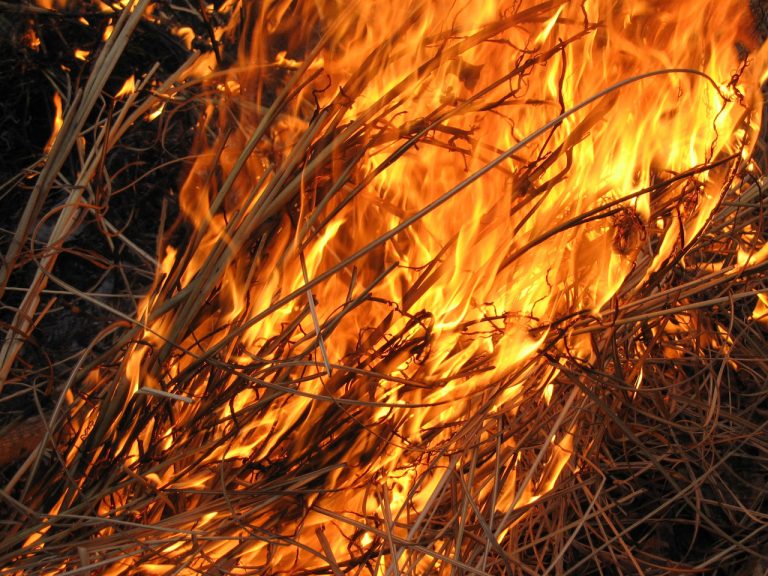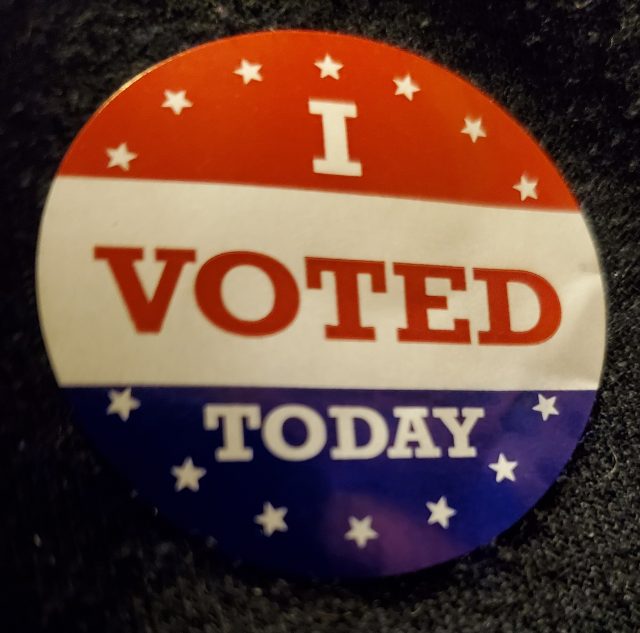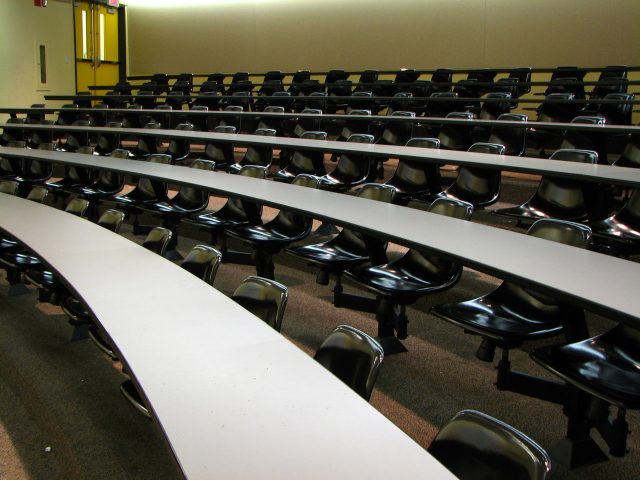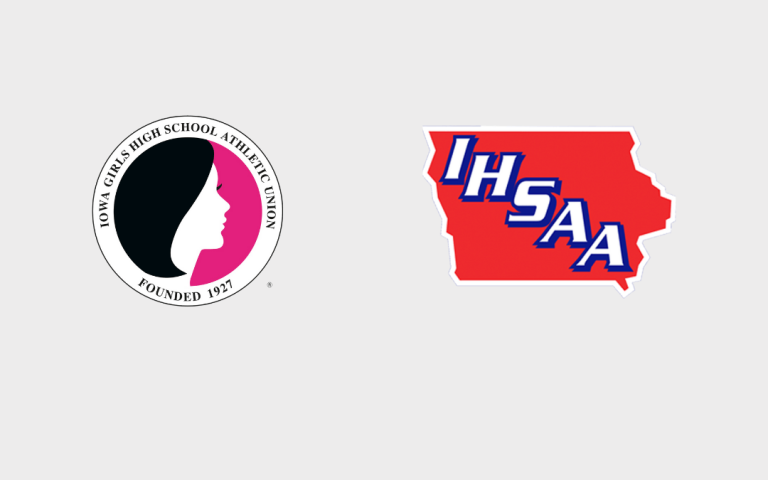Statewide Iowa — (RI) — Teaching is challenging enough without a pandemic shaking up how the classroom operates.
As Iowa’s schools reopen, many districts are focused on keeping staff and students safe from COVID-19, but it’s taking a toll on teachers’ mental health. Jennifer Ulie-Wells is the executive director of “Please, Pass the Love,” a Des Moines-based non-profit that focuses on mental health in schools. She’s doing training for teachers across Iowa.
(As above) “They’re already feeling the stress and the burnout the way that they would at the end of a school year,” Ulie-Wells says. “So that’s not a recipe for success, and we know that that is probably not going to end well.”
Jessie Todd, an instructional mentor at the Johnston Community School District, says she’s worried about teacher burnout. Todd normally works to support new, inexperienced teachers, but this summer she worked on the staff well-being support team. She says she’s pushing teachers to use the district’s free counseling service.
(As above) “We’re just making it really available, like, ‘Hey, it’s on the new teacher website and look, it’s in your building,’ and every instructional coach has the phone number, right on their door, just putting it there.”
Still, getting teachers to seek emotional and mental support can be difficult as there’s often a stigma associated with getting help, according to Chris Wilson, the student well-being coordinator for the Johnston school district.
(As above) “One thing that I’ve really talked to a lot of people about, and then I think for myself personally, is feeling overwhelmed and stressed and anxious right now is your body’s normal, natural response to what’s going on,” Wilson says. “It doesn’t mean you have a mental health condition.”
Some teachers report feeling overwhelmed as they navigate between preparing for socially distant in-person instruction and online classes. Mike Beranek, president of the Iowa State Education Association, says conflicts between state and local control of schools has been really hard on teachers.
(As above) “They are very concerned about the safety and health of their students as well as themselves,” Beranek says, “and seeing that their own local school board can’t make the decisions for their community is very concerning to them.”
Last month, the ISEA sued the state over its requirements for schools to go online. Sarah Valle, a choir teacher at the Davenport Community Schools, says her district had initially been looking at starting the school year mostly online, but state requirements mean Valle will have to return full-time to the classroom. Valle, who has taught for 13 years, worries about an outbreak and says this stress has made her not want to go back at all this year.
(As above) “If it were feasible for me to not teach this year, I would do it,” Valle says. “Not because I don’t love it, but I’m just that scared.”
Valle says it’s not feasible for her to take a leave, so she says she’s relying on friends and family for emotional support as she heads back into school this month.












